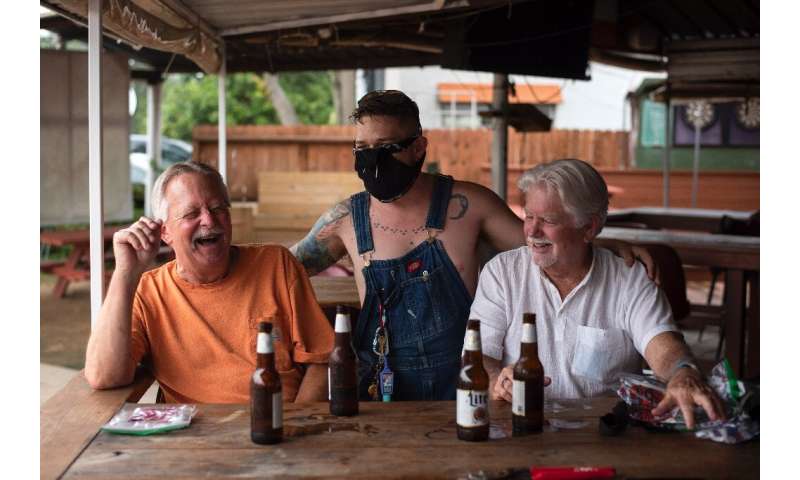
Texas and Florida closed bars and imposed other measures on Friday to combat a surge in coronavirus cases that has put the brakes on reopening the economies of two of the largest US states.
As warnings mounted worldwide over lifting lockdowns too soon, Southeast Asian leaders said the COVID-19 pandemic has swept away years of economic gains, particularly in tourism-driven and export-reliant countries such as Thailand and Vietnam.
Britons sweltering in a heat wave were told meanwhile to avoid packed beaches, and a major Australian city faced a surge in infections.
Paris’s Orly airport reopened on Friday after closing three months ago, but traffic was thin and also briefly disrupted by climate protesters storming a runway.
More than 490,000 people worldwide have died from COVID-19 since it emerged in China late last year, and the number of confirmed cases is expected to reach 10 million within the next week.
Countries have been balancing the need to reopen economies shattered by coronavirus shutdowns with the need to maintain sufficient safety measures to prevent a feared second wave.
In the United States, the country hardest hit by the pandemic, the number of cases hit a single-day record Friday and is rising daily in 16 states, mostly in the south and west.
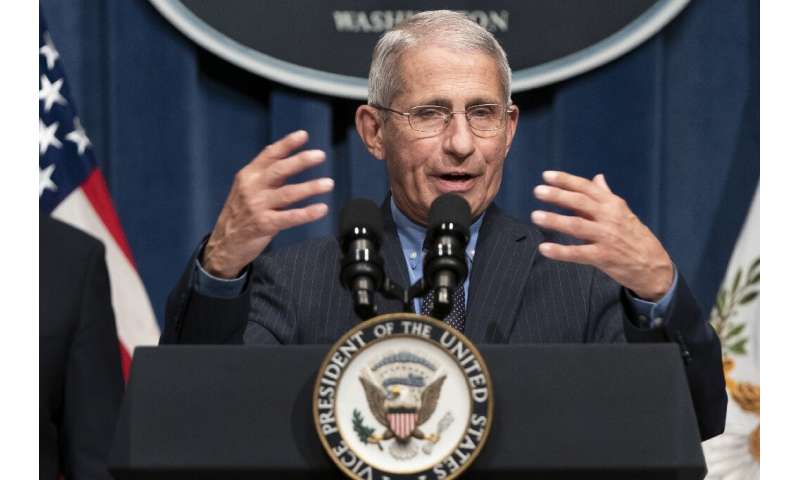
“We are facing a serious problem in certain areas,” top US disease expert Anthony Fauci said at the first briefing given by the White House Coronavirus Task Force in two months.
The United States is recording more than 30,000 cases a day, according to the Centers for Disease Control and Prevention.
With nearly 125,000 lives lost overall, it has by far the highest confirmed toll in the world.
‘Corral the spread’
Two of the US states which have been hardest hit—Texas and Florida—closed bars on Friday, allowing only take-out and delivery service.
Texas was among the most aggressive states in reopening in early June under Governor Greg Abbott, a Republican ally of President Donald Trump, who has faced sharp criticism for his handling of the crisis.
But the strategy has backfired and both Texas, the second most populous US state, and Florida, the third, are seeing daily records for the number of new cases.
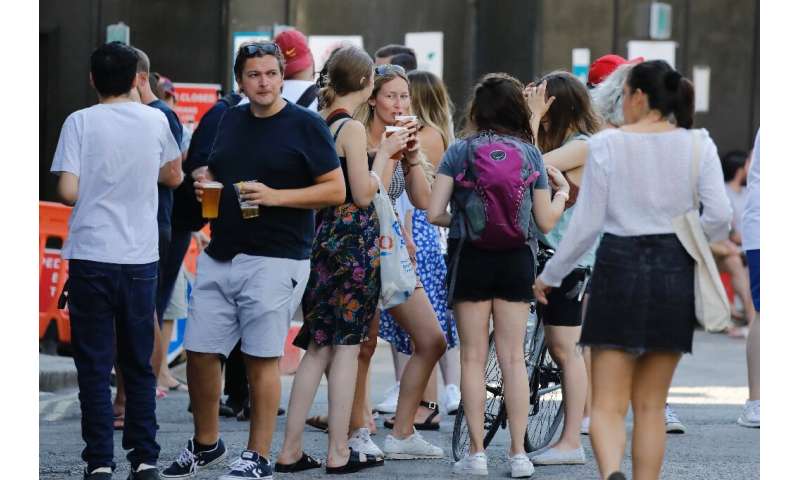
“It is clear that the rise in cases is largely driven by certain types of activities, including Texans congregating in bars,” Abbott said. “This temporary pause will help our state corral the spread.”
Restaurants can remain open with 50 percent capacity indoors, and outdoor gatherings of 100 people or more require local government approval.
Harris County, which includes Houston, issued a stay-at-home advisory and raised the threat level to “severe,” or Level 1.
Florida reported a record-breaking 8,942 new cases Friday and slapped the restrictions back on bars.
“I think people were naturally just wanting to get back into a normal swing of things,” said Governor Ron DeSantis, another Trump ally.
In Hanoi, leaders of the 10-member Association of Southeast Asian Nations (ASEAN) described the toll inflicted by the pandemic.
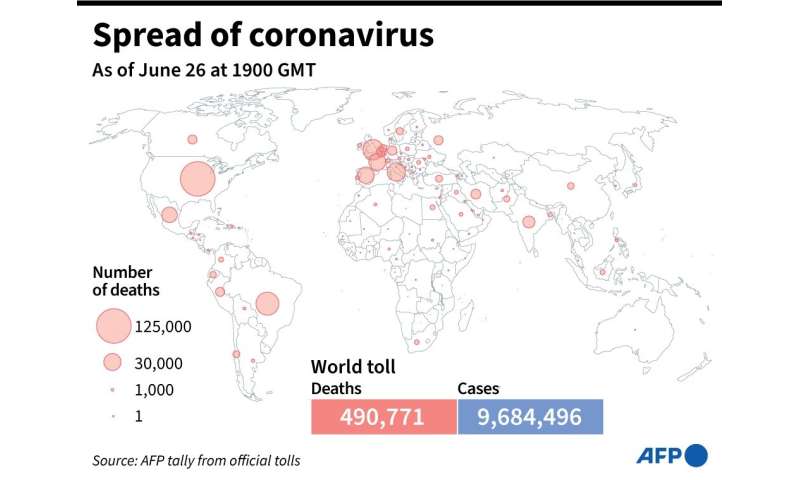
“It has swept away the successes of recent years… threatening the lives of millions of people,” Vietnam’s Prime Minister Nguyen Xuan Phuc said.
ASEAN General Secretary Lim Jock Hoi warned that the region’s economy is expected to contract for the first time in 22 years.
‘Stop it’
The World Health Organization said meanwhile that a global initiative to speed up the development and production of COVID-19 tests, vaccines and treatments will require more than $30 billion over the next year.
So far, $3.4 billion of that had been pledged, the UN health agency said.
The announcement came ahead of a major pledging event in Brussels on Saturday in support of the so-called ACT accelerator, launched in April and aimed at pooling international resources to combat the pandemic.
Sweden lashed out at the WHO for listing it among at-risk European countries, in a sign of the sensitivities at play as countries try to manage the crisis.
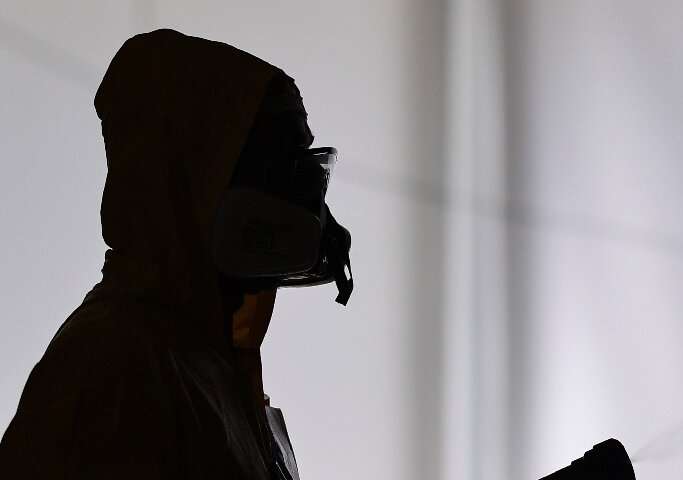
The Scandinavian country has made headlines for its high death toll after it opted not to introduce strict lockdowns.
“We have an increase in cases because we have begun testing much more in Sweden the past week,” said Swedish state epidemiologist Anders Tegnell, adding that “all the other parameters” showed the number of serious cases was falling.
In Britain, people were urged to abide by social distancing rules after tens of thousands swarmed the seaside resort of Bournemouth during a heat wave.
British Prime Minister Boris Johnson said people were “taking too many liberties with the guidance.”
Britain has Europe’s highest death toll with 43,230.
In Brazil, the hardest-hit country in Latin America, President Jair Bolsonaro appealed a court ruling that requires him to wear a face mask in public, calling it “unnecessary.”
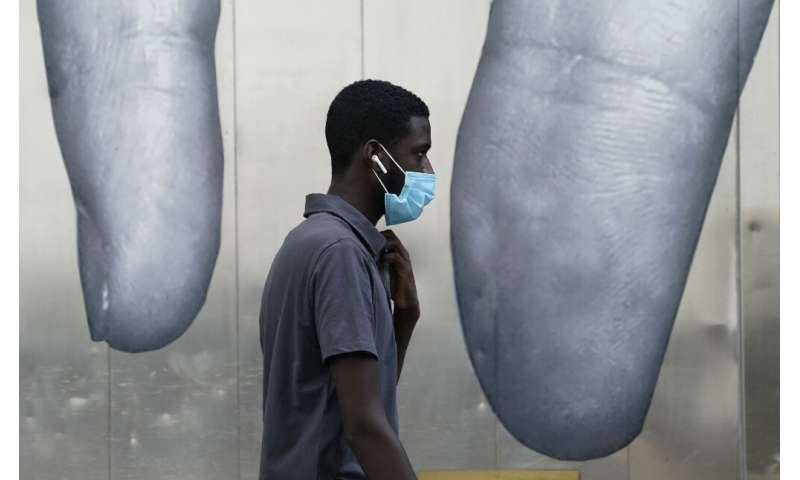
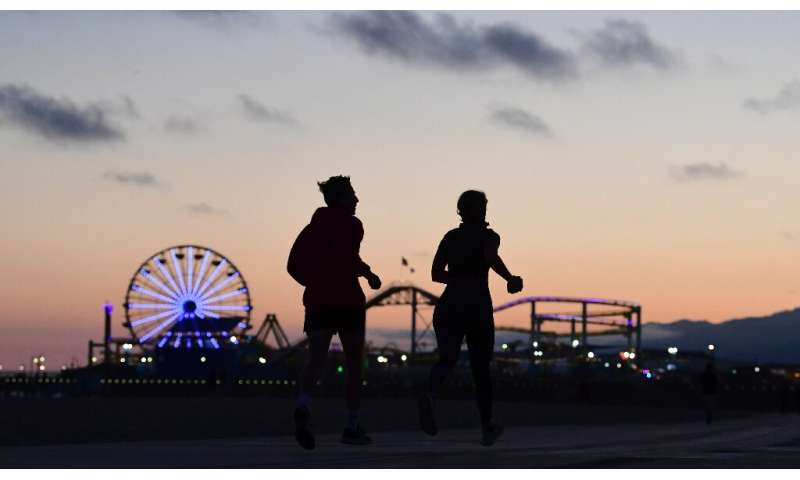
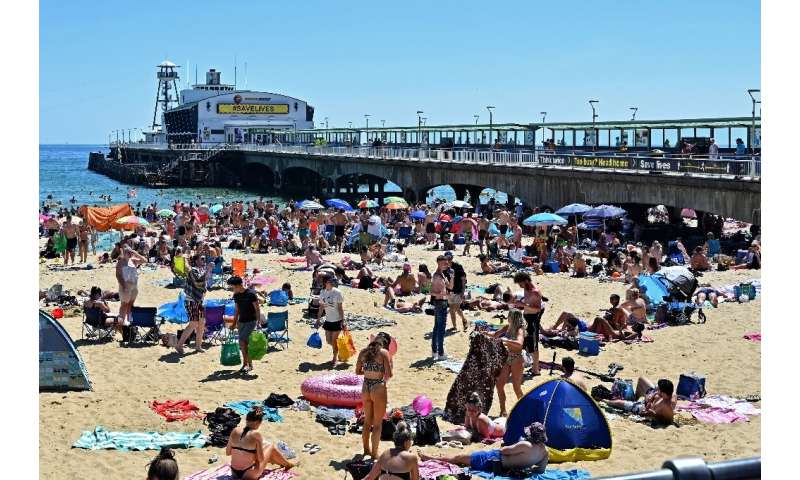
With 55,000 fatalities, Brazil has the second-highest COVID-19 death toll in the world.
In Australia, supermarkets imposed limits on purchases of toilet paper following panic buying by people rattled by a surge in cases in Melbourne, the country’s second-biggest city.
Source: Read Full Article
